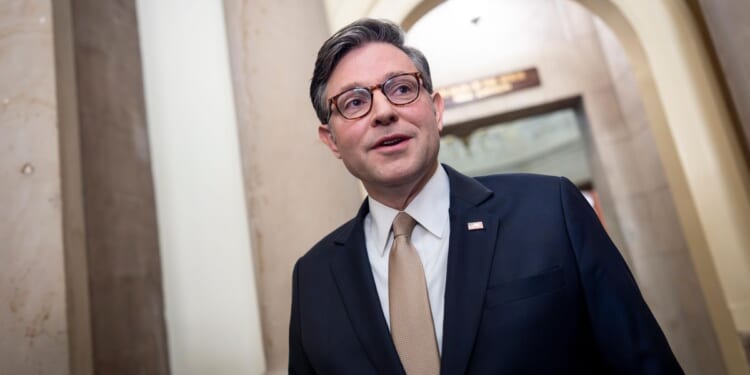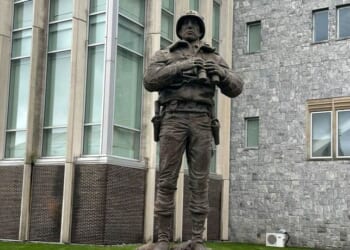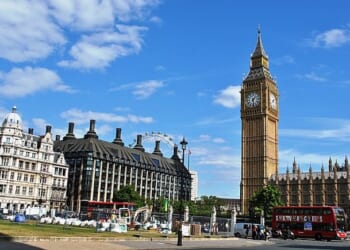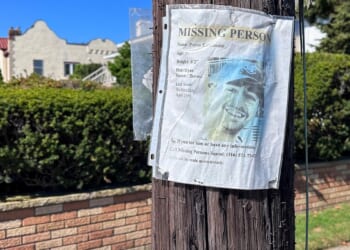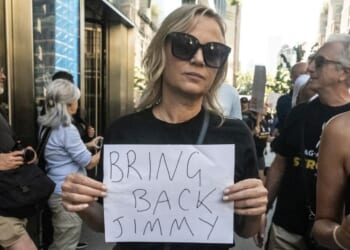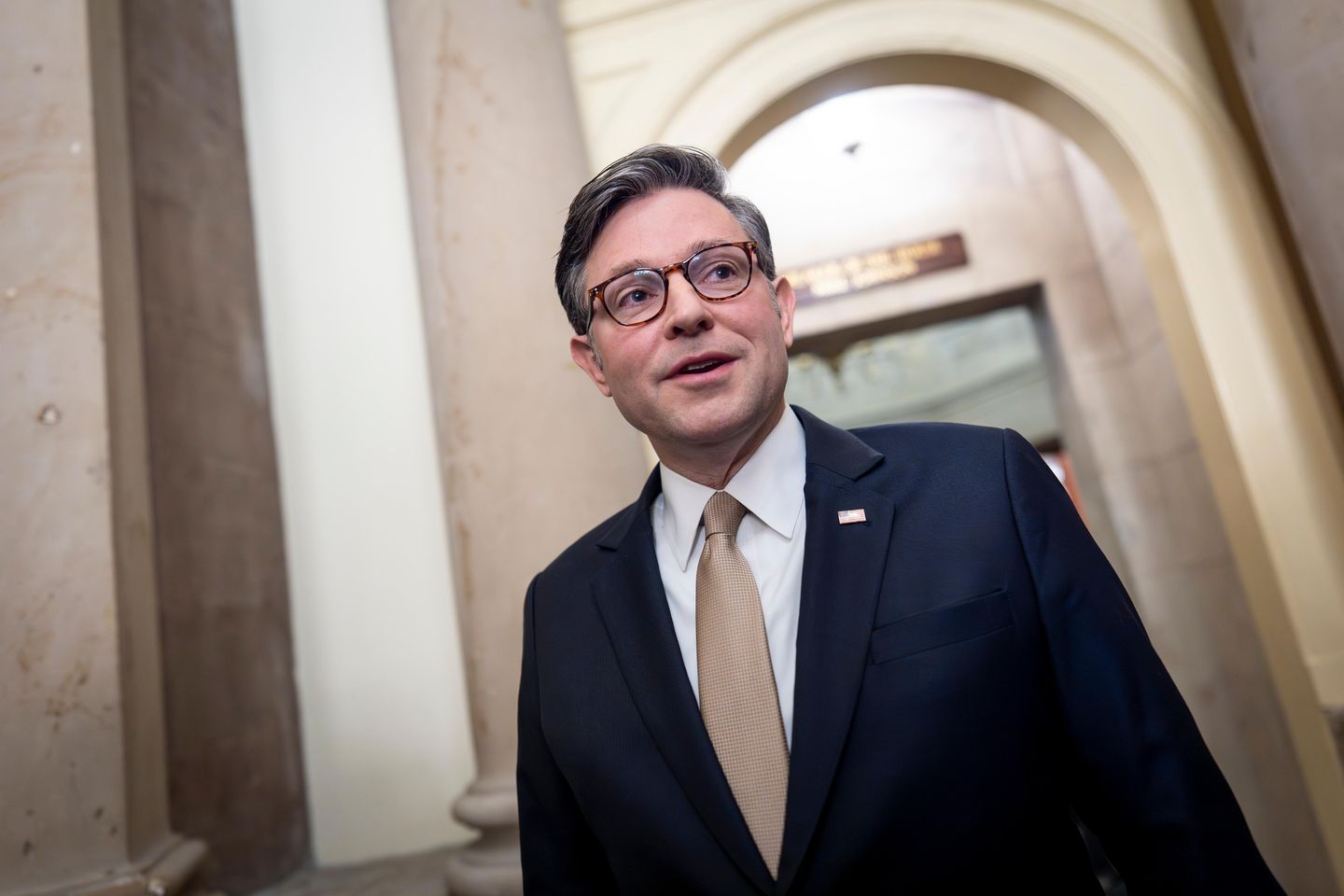
House Speaker Mike Johnson on Tuesday said he will work with Israeli Knesset Speaker Amir Ohana and other legislative leaders around the world to nominate President Trump for the 2026 Nobel Peace Prize.
“For generations we have aspired to peace in the Middle East — everyone around the world — and now President Trump has delivered it,” Mr. Johnson, Louisiana Republican, said.
“No one has ever deserved that prize more, and that is an objective fact,” he said. “As Speaker Ohana said before the Knesset yesterday, ‘Whoever saves one life, it is as though he has saved an entire world.’”
Mr. Trump spoke at the Knesset on Monday to celebrate the phase one peace deal he helped negotiate between Israel and Hamas. The ceasefire agreement stopped the fighting in Gaza and brought home the 20 living hostages Hamas held since its Oct. 7, 2023, attack on Israel.
“This is the historic dawn of a new Middle East,” Mr. Trump said. “It is an incredible triumph for Israel and the world to have all these nations working together as partners in peace. Generations from now, this will be remembered as the moment that everything began to change.”
During the president’s visit, Mr. Ohana announced his plans to work with Mr. Johnson to rally leaders worldwide to advocate for Trump to win the Nobel Peace Prize.
“We’re going to embark upon a project together to rally speakers and presidents of parliaments around the world so that we will jointly nominate President Donald J. Trump for next year’s Nobel Peace Prize,” Mr. Johnson confirmed Tuesday.
Mr. Trump and his allies have touted the Gaza peace agreement as the eighth war he’s helped end since returning to office for a second term.
“It’s an indisputable fact that no president has undertaken the work of saving lives and pursuing peace with such determination and with such remarkable success as President Trump,” Mr. Johnson said. “And under his leadership, we are witnessing the dawn of a new golden age, not just for America, but for the entire free world.”
Israeli Prime Minister Benjamin Netanyahu called for Mr. Trump to receive the Nobel Peace Prize just hours after the Gaza ceasefire agreement was announced.
Mr. Netanyahu previously nominated Mr. Trump for the award in July for attacking Iran’s nuclear program.
The Norwegian Nobel Committee announced Friday that the 2025 peace prize would go to Maria Corina Machado “for her tireless work promoting democratic rights for the people of Venezuela and for her struggle to achieve a just and peaceful transition from dictatorship to democracy.”
Ms. Machado is a leader of the opposition to dictator Nicolas Maduro, whom the U.S. has declined to recognize as Venezuela’s president after the country’s disputed 2024 election. She told CBS News she spoke to Mr. Trump on Friday and thanked him for his administration’s support.
“I wanted to convey the message from the bottom of the heart of Venezuelans and for him to be sure that we are a society committed to freedom, that we will prevail,” Ms. Machado said.
Mr. Trump has griped at times about being overlooked for the Nobel Peace Prize, saying the committee has a political bias against him.
“I’m not politicking for it. I have a lot of people that are,” Mr. Trump said in August while signing a peace deal between Armenia and Azerbaijan at the White House.
The Nobel Peace Prize was first awarded in 1901. According to Alfred Nobel’s wishes, it goes to “the person who shall have done the most or the best work for fraternity between nations, for the abolition or reduction of standing armies and for the holding and promotion of peace congresses.”
Only three U.S. presidents won the prize while in office.
The committee awarded the medal to President Barack Obama in 2009, after he had been in office less than nine months, for “extraordinary efforts to strengthen international diplomacy and cooperation between peoples.” The panel cited his efforts to fight climate change and stop nuclear proliferation.
President Theodore Roosevelt won in 1906 for playing a key part in ending the Russo-Japanese War.
President Woodrow Wilson won in 1919 for helping launch the League of Nations, a precursor to the United Nations, at the end of World War I.
A fourth president, Jimmy Carter, received the prize 21 years after leaving office. He won in 2002 for advancing human rights.

